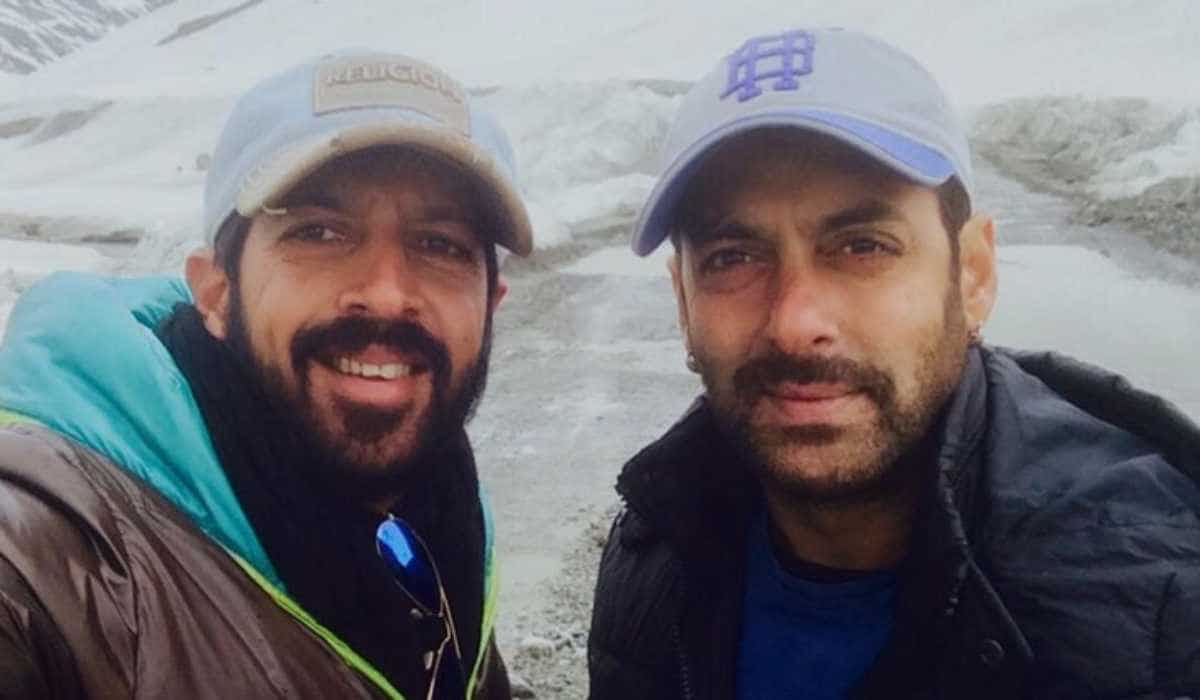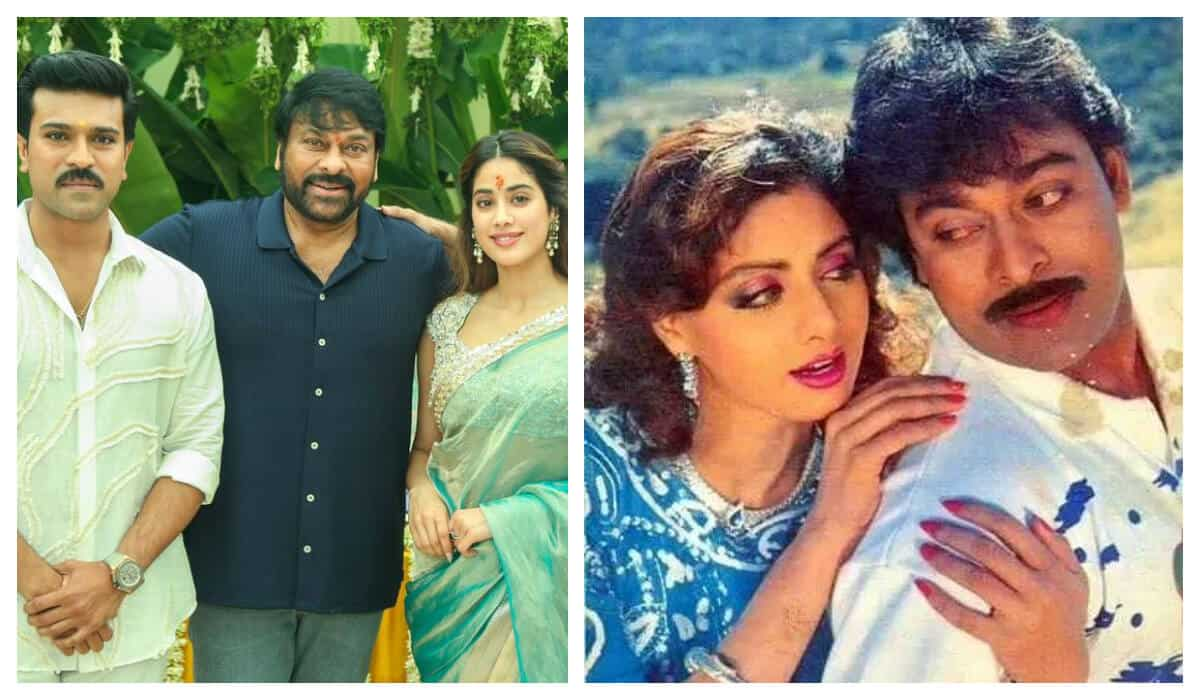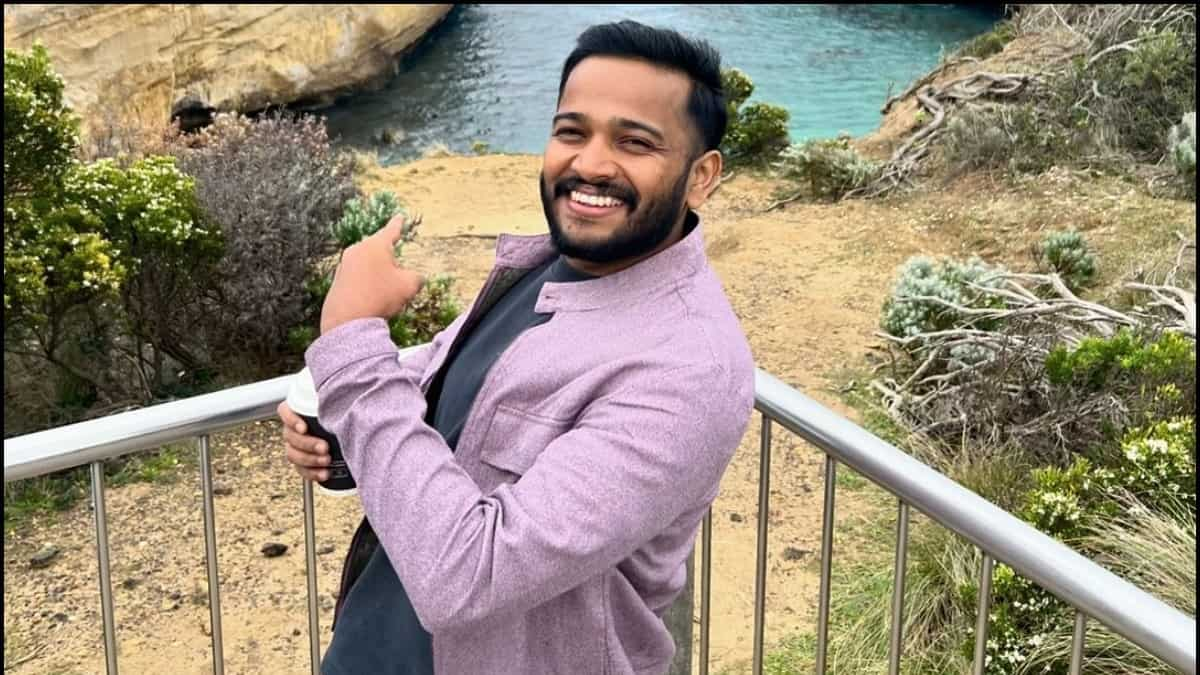
Sookshma Darshini star Basil Joseph: 'The success of my films has let filmmakers create varied roles for me'
5 months ago | 5 Views
In a span of just three years, Basil Joseph’s films have arguably become a trusted choice for both the family audience and youngsters. This is backed by the box office success of his movies including Jan-E-Man, Jaya Jaya Jaya Jaya Hey, Guruvayoorambala Nadayil as well as acclaimed performances in movies like Kandinam Kadoramee Andakadaham.
In his next few films, post-which he would take a break from acting to focus on his directorial, Basil says the audience can see him in roles that they wouldn’t usually associate him with – which he explains is also what made these projects, “exciting enough” for him to sign up. The first of these is MC Jithin’s Sookshma Darshini, which also has Nazriya Nazim Fahadh in the lead and is set to hit theatres on November 22, 2024.
In an exclusive interview with OTTplay, Basil talks about his evolution as an actor, how he contributed to Sookshma Darshini, the outcome of the success of his previous films, and more.
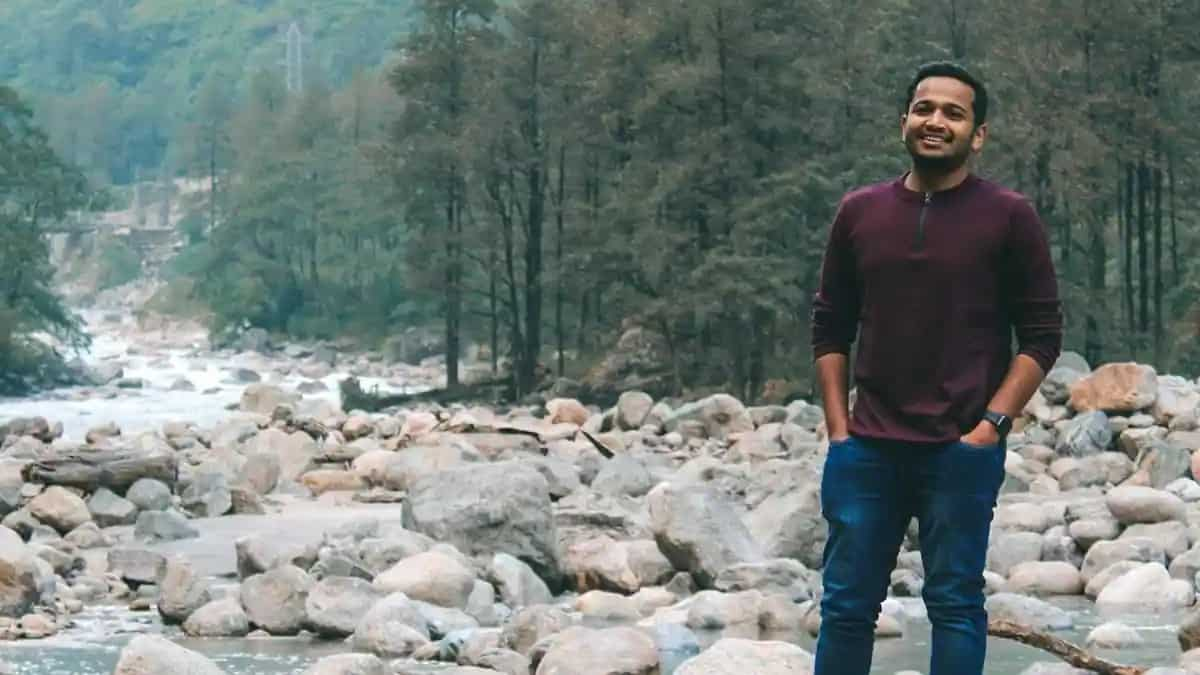
The past two years have been excellent for you as an actor. Now, you are also working with different groups of people, which also lets you know more about your strengths as well as limitations as an actor. How do you see your evolution as an actor?
I believe it has become more interesting right now. As an actor, when you only do roles within your comfort zone, it eventually reaches a saturation point. When I used to do supporting roles, where I played the protagonist’s friend, my only purpose in the film was to make people laugh. I felt after a point I couldn’t contribute much. On the other side, because I was also directing, I was working on exciting projects and that was my primary interest. So, there was a balance.
But when I started getting lead roles that had more depth, I could contribute more in terms of how my character could drive the story, the journey became more exciting. And when I got involved further, I started getting roles like those in Sookshma Darshini and Pravinkoodu Shaapu where the filmmakers tried to break my template further and present me in characters that the audience hadn’t seen me in earlier. Obviously, the successes of my previous films are a huge factor for making directors think of me in different characters and the viability of such projects. So, it’s all complementary and at the same time, very exciting for me as an actor.
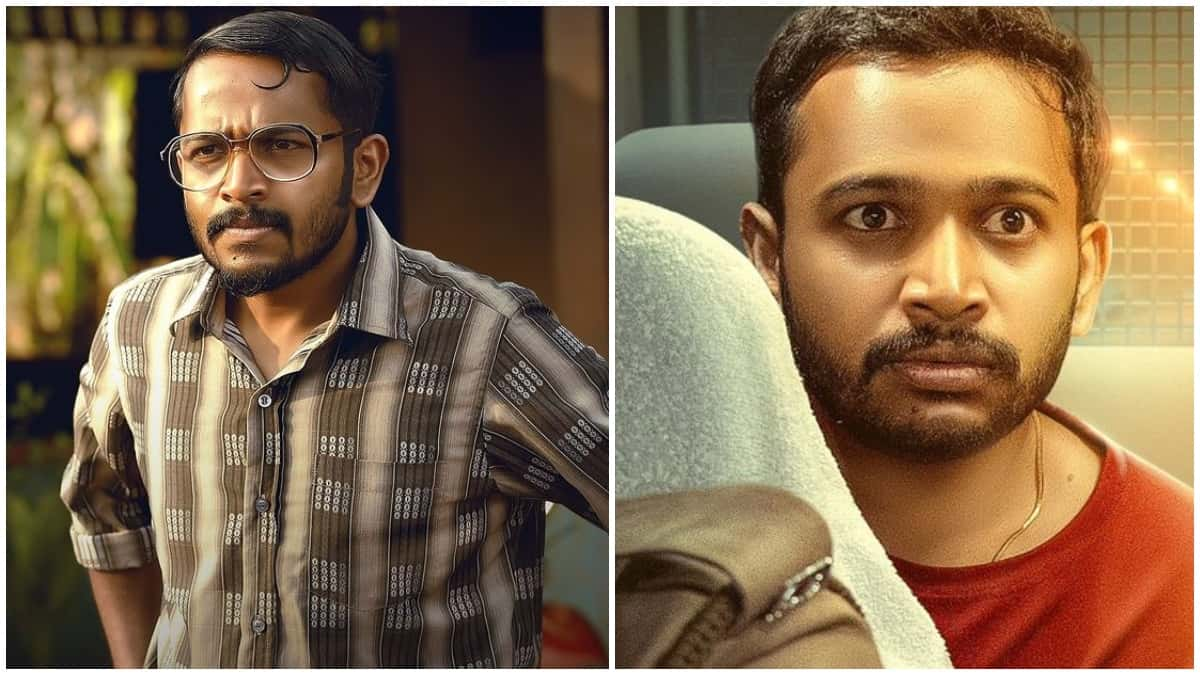
During the pandemic lockdown, you had said that you used your time to update yourself as a director. But now that you are in full swing into acting, how do you upskill?
I do take genuine efforts to improve myself because I am getting these different characters. But it’s not the same as updating yourself as a filmmaker, where you have the space to learn and upskill. As an actor, you rely more on instincts, observations, experiences, writing, and the filmmaker’s feedback. So, it’s more of a collaborative process when it comes to acting. And then obviously, when you reach a certain stage, you have the leverage to choose the kind of projects you want to work with.
For instance, when a director has a vision for a character and then I try to do it in a different way, there’s always a chance that it could lead to something new. Feedback plays a crucial role in terms of how you improve. I believe that the first stage of bettering yourself happens when you choose the script and the team that you want to work with. Then, there’s learning that happens when you work with experienced filmmakers. Be it Dileesh Pothan, Anwar Rasheed, and Syam Pushkaran or new filmmakers like Vipin Das, Chidambaram, and Nithish Sahadev, all these collaborations have presented me with opportunities to learn and improve. I have learnt to get into the skin of the character, feel and embrace their journeys, without overtly emoting, through each of these experiences.
Though Sookshma Darshini’s director MC Jithin has helmed Nonsense before, he is still someone new and trying to create a name for himself in the industry. Having gone through the same grind yourself as a filmmaker, how much do you understand his vision and contribute to that?
MC and I began doing short films around the same time. He directed a short film Mallus and Sookshmadarshini’s co-writer Libin TB directed The Hole. So, they are people that I have known for long, and because of that it became easier for me to communicate with them. Our discussions, in this case, had happened during the writing phase more than the shooting. They had conviction about what sort of film they wanted to make and its genre. And they done complete justice to that genre while giving it commercial packaging.
Its casting too was done accordingly; we weren’t the first choices. They had tried several combinations before landing on Nazriya and me. And then they worked on how to make it better with us playing the characters, by adding humor and other entertaining sequences.
As you had said, after Nonsense, when they are also trying to prove themselves, they could be more conscious and confused. The best way to make them comfortable is to pamper them and make it easier for them by supporting their vision, which they had clarity on.
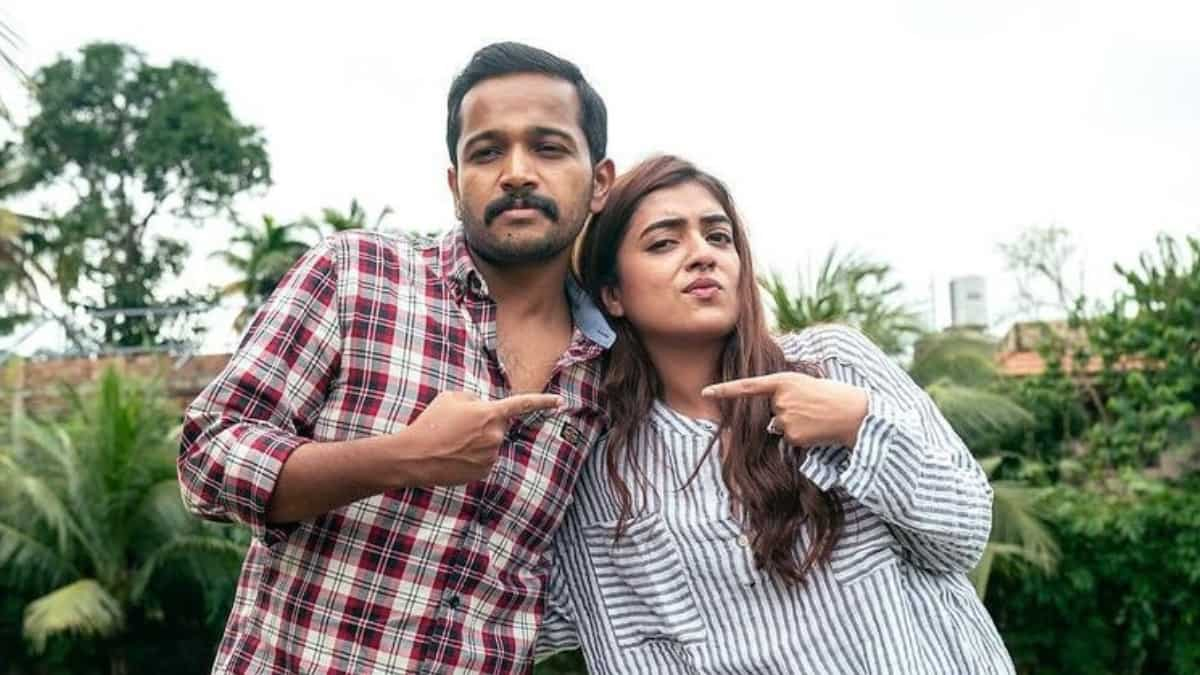
Tell us about working with Nazriya in Sookshma Darshini.
It’s important to be comfortable with your co-stars. More than how much screentime we have together, what works for Sookshma Darshini is our chemistry. I believe our camaraderie off-screen has contributed immensely to each of our characters. Even when we are portraying our roles, the suggestions from the other person have helped. There’s no ego and that makes the whole experience fun. You enjoy going to the sets, especially when there is someone with equal energy on the other side. None of us sat in the vanity vans after our shots; we had a common room where the cast, crew, and producers would be there, and there would be non-stop repartees.
The entire 60 days of shoot was almost like meeting your long-lost childhood friend, and so we were able to enjoy the whole process. That’s important because it can get hectic, especially when the shoot timelines, which are almost 15 hours a day, shift and you must extend that. At those times, if there weren’t people with such boundless energy, it could get exhausting.
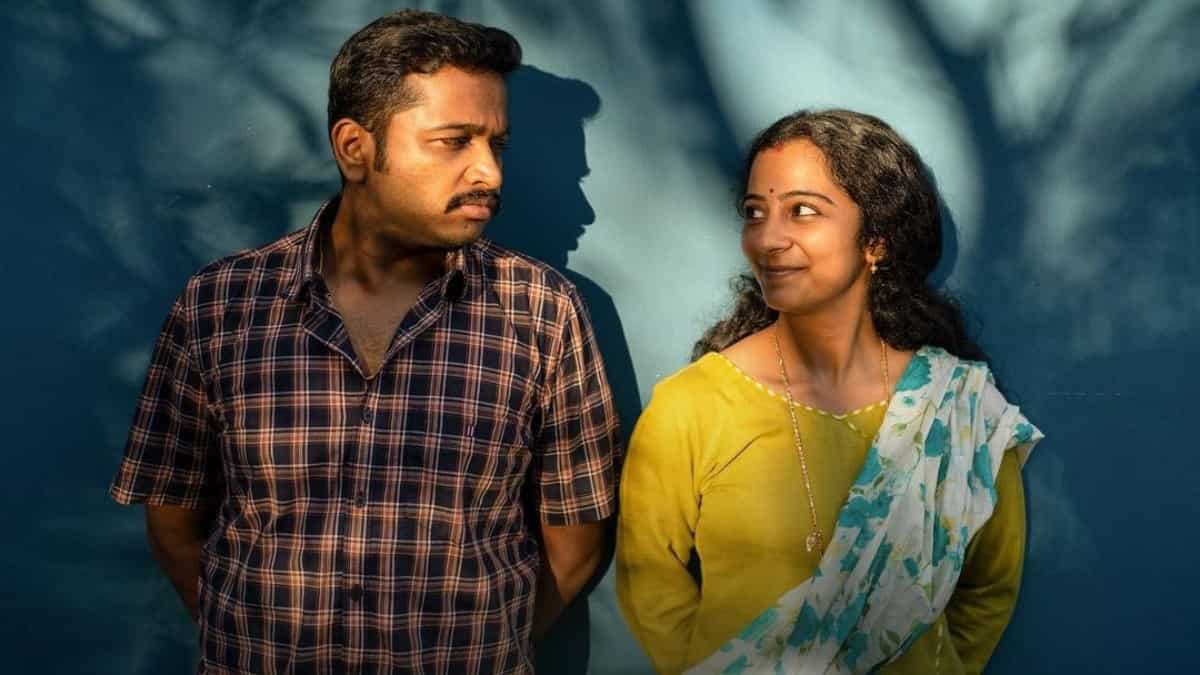
A decade ago, actors would reject scripts because they had wafer-thin plots. But now movies including Premalu and Guruvayoorambala Nadayil, have proven that a lot depends on how a filmmaker conceives the entire film. Does it help you, with your experience as a director, to see a bigger picture that most actors wouldn’t be able to?
In my understanding, you can’t agree to a film just based on the idea. An idea, no matter how fresh, can only engage the audience for the first 40 minutes. The excitement would die down after that. Then you have to have an equally exciting second, third, and fourth idea on top of that for the film to work.
Take Jan-E-Man for example. The base idea is that there’s a birthday party happening in one house and a funeral in another. After the first 30 minutes, that’s over and done. After that, you have to keep surprising the audience. The next idea is that instead of fighting with each other, the guys from the birthday party go over to the house with the funeral, and then the plot of the latter house and the family drama are revealed. So, it keeps unraveling and evolving. At first glance, it might seem like a small idea but there are 3-4 different layers that sustain the two-hour film, entertainingly.
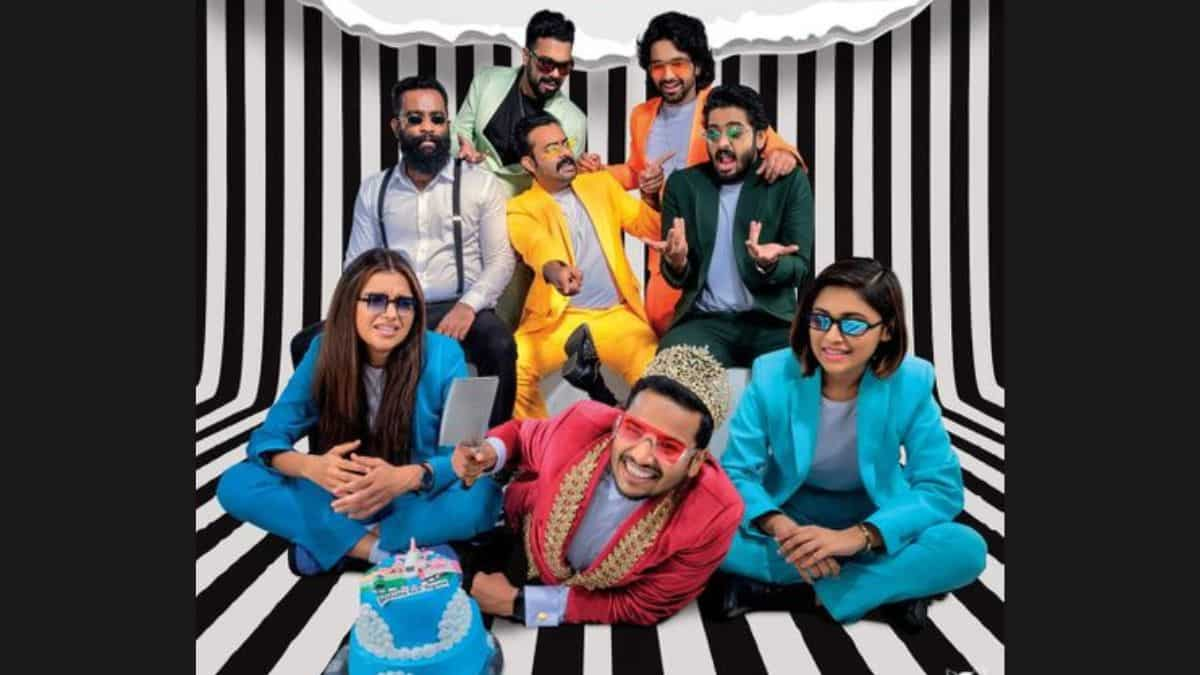
In the past, people needed a proper story; there had to be drama, flashbacks. But that perception has changed. Our audiences have evolved, and if the film is entertaining and if they can travel with the characters through their interactions with others, they are aware that this is also a form of storytelling.
Even in Jaya Jaya Jaya Jaya Hey, the hero is someone who fits The Great Indian Kitchen template and once the heroine strikes back, that idea ends. The next idea is him trying to get back at her, and after that, he is trying to cheat her. So, it keeps evolving, and we don’t narrate the backstory of my character Rajesh in the film. The audiences piece it together from the visuals and objects. So, that storytelling is popular.
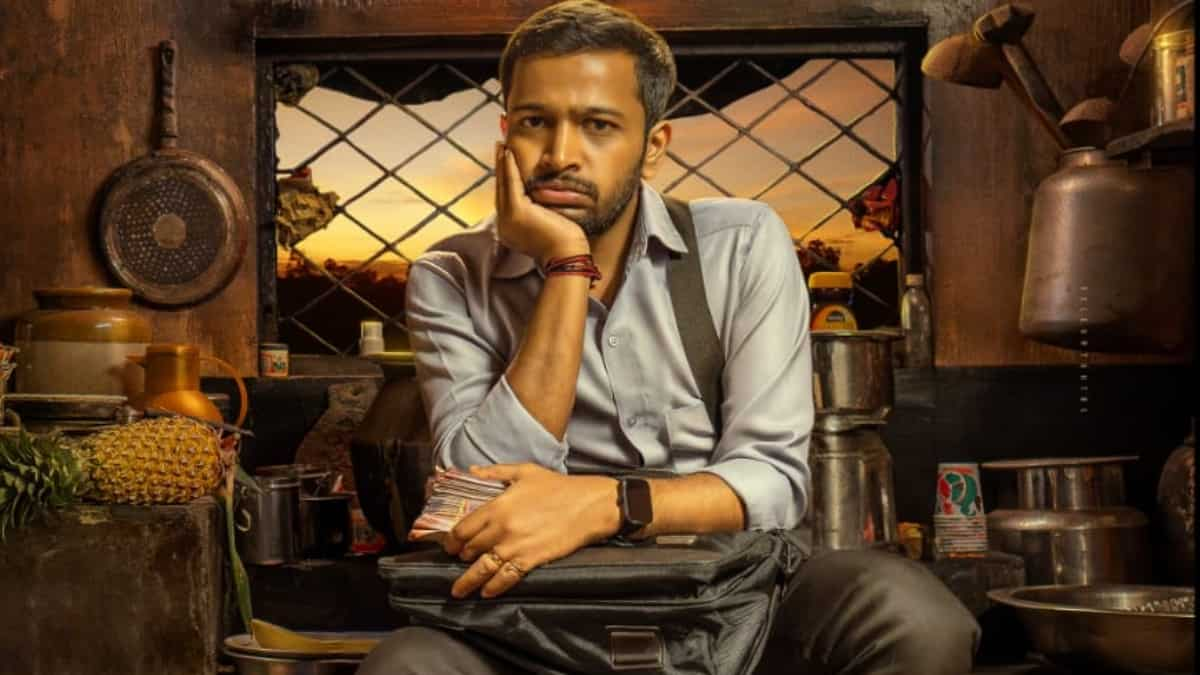
Amid your acting assignments, when can we expect your next directorial?
Its scripting is going on. I am done with my acting commitments. So, I won’t be taking up any projects. After Sookshma Darshini, I have Pravinkoodu Shaapu, Ponman, and Marana Mass gearing up for release, in that order. I am taking a break after that. For how long? That would depend on my directorial.
Read Also: Shah Rukh Khan wants to focus on capturing his son AbRam as an audience; here's why
HOW DID YOU LIKE THIS ARTICLE? CHOOSE YOUR EMOTICON !
#



